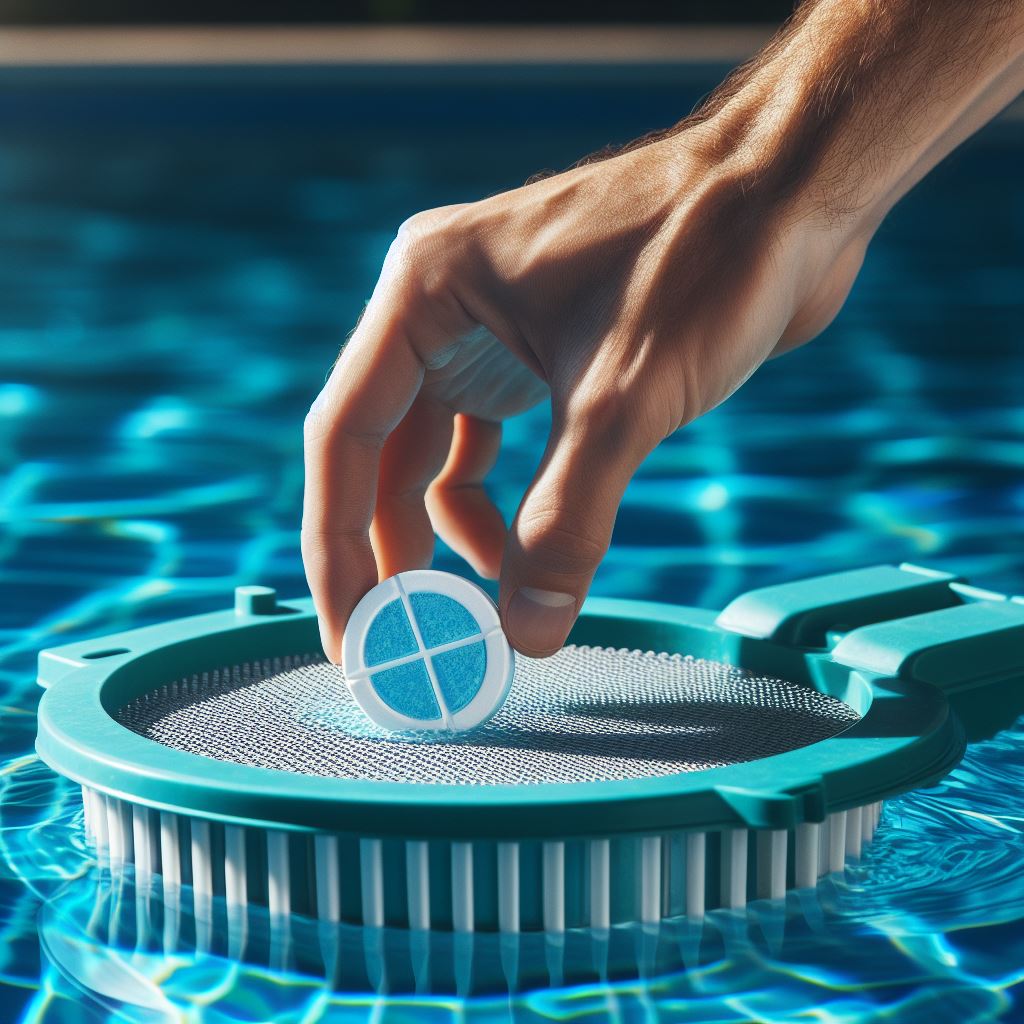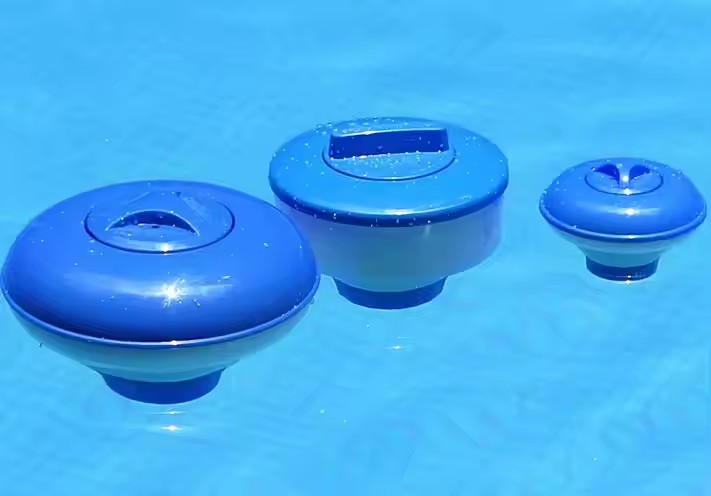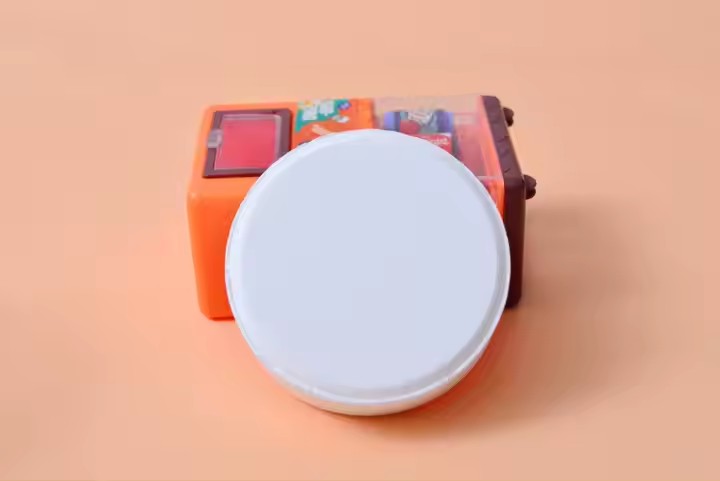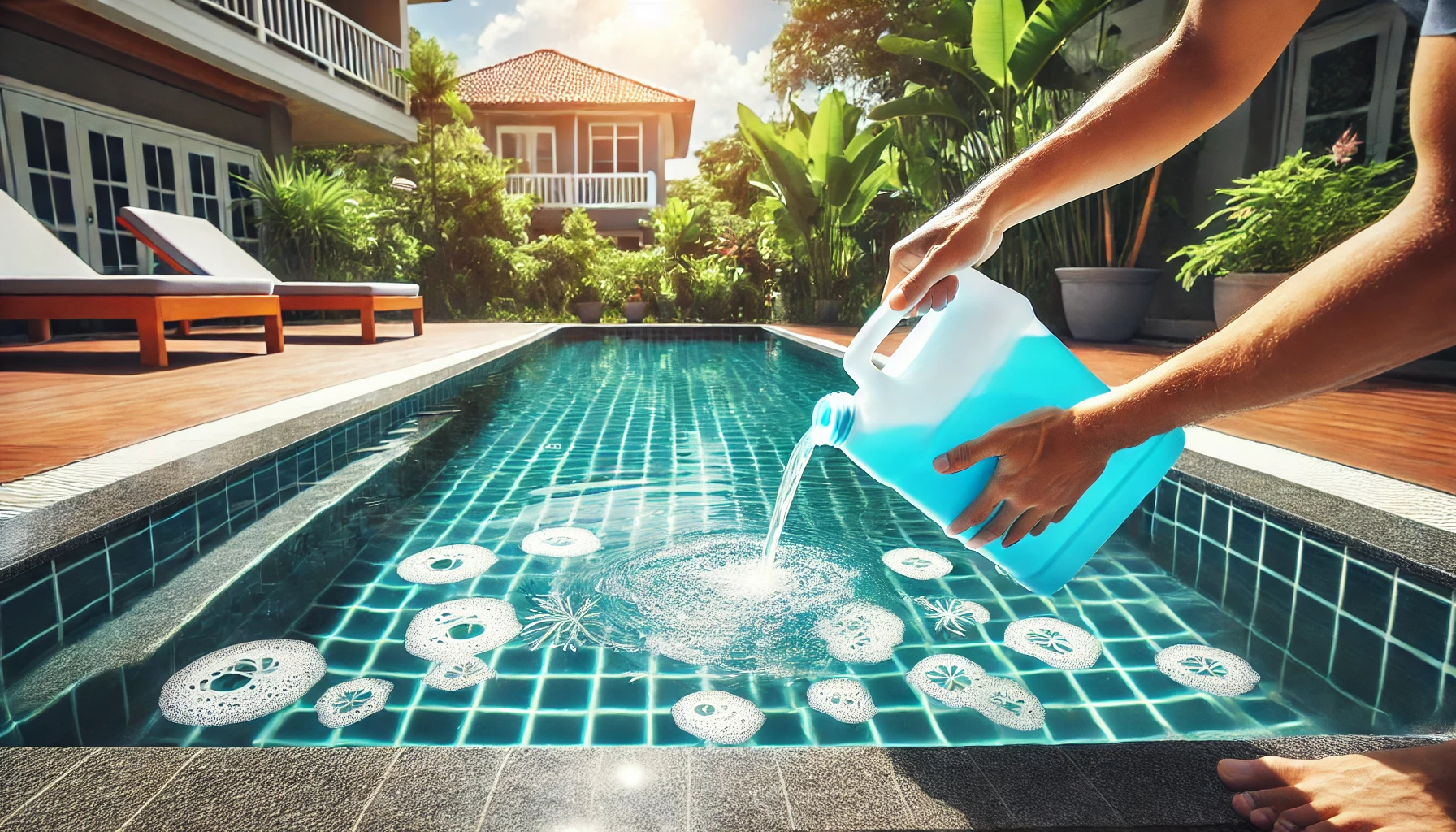In the field of swimming pool cleaning and maintenance, chlorine tablets are one of the key chemical products for keeping pool water clean and safe. This article will detail the production process of swimming pool chlorine tablets, explore the challenges encountered during production, and share how we optimize our product design and functionalities through market research and customer feedback.

The Chemical Foundation of Swimming Pool Chlorine Tablets
Swimming pool chlorine tablets are primarily made from Trichloroisocyanuric Acid (TCCA), an efficient disinfectant that releases chlorine slowly in water to continuously kill bacteria, viruses, and algae. TCCA is not only stable but also effective under various pH conditions, making it a common choice for pools and spas.
Detailed Production Process
Raw Material Preparation and Synthesis
The first step in producing swimming pool chlorine tablets is synthesizing TCCA. The main raw material is cyanuric acid, which reacts with chlorine gas in a specially designed reactor. This process occurs under high temperatures (typically about 250°C) and pressures to ensure efficiency and yield.
Tablet Pressing and Drying
After synthesis, the TCCA powder is transferred to a tablet press where it is formed into tablets of standard size and weight. These tablets are then moved to drying equipment to thoroughly remove moisture, preventing decomposition or performance degradation during storage and transport.
Quality Control
Each batch of chlorine tablets undergoes rigorous quality testing, including effective chlorine content, pH balance, dissolution rate, and visual inspection for defects. Only products that meet all these quality standards proceed to the packaging stage.
Production Challenges
Safety Management
Handling chlorine gas, which is highly dangerous due to its corrosive and toxic nature, is a significant challenge in chlorine tablet production. Therefore, we have established strict safety procedures and invested in advanced safety equipment such as gas leak detectors and emergency response systems to ensure worker safety and environmental stability.
Environmental Responsibility
Waste management during chemical production poses another challenge. We use environmentally friendly waste treatment technologies, such as recycling by-products and unreacted raw materials, to minimize environmental impact.
Product Consistency
Ensuring the consistency of each batch of chlorine tablets is crucial in production. We employ automated production lines and real-time quality monitoring systems to control product quality, ensuring each batch meets the same high standards.
Innovation and Market Adaptation
Technological Innovation
To enhance our product’s competitiveness, we continuously research and develop new technologies, such as improved slow-release mechanisms, which make chlorine tablets dissolve more uniformly and last longer, reducing frequency of use and maintenance costs for users.
Market Research and Customer Feedback
Through regular market research and analysis of customer feedback, we promptly adjust product features to meet changing market demands. For instance, in response to the environmental trend, we are developing chlorine tablet products with lower environmental impact to attract consumers who prioritize environmental concerns.
By following these detailed steps and strategies, not only can we meet the high standards and strict requirements of the market, but we also maintain a leading position in the competitive field. We are committed to continuous technological innovation and production process optimization to adapt to the ever-changing market trends and meet new customer expectations.


